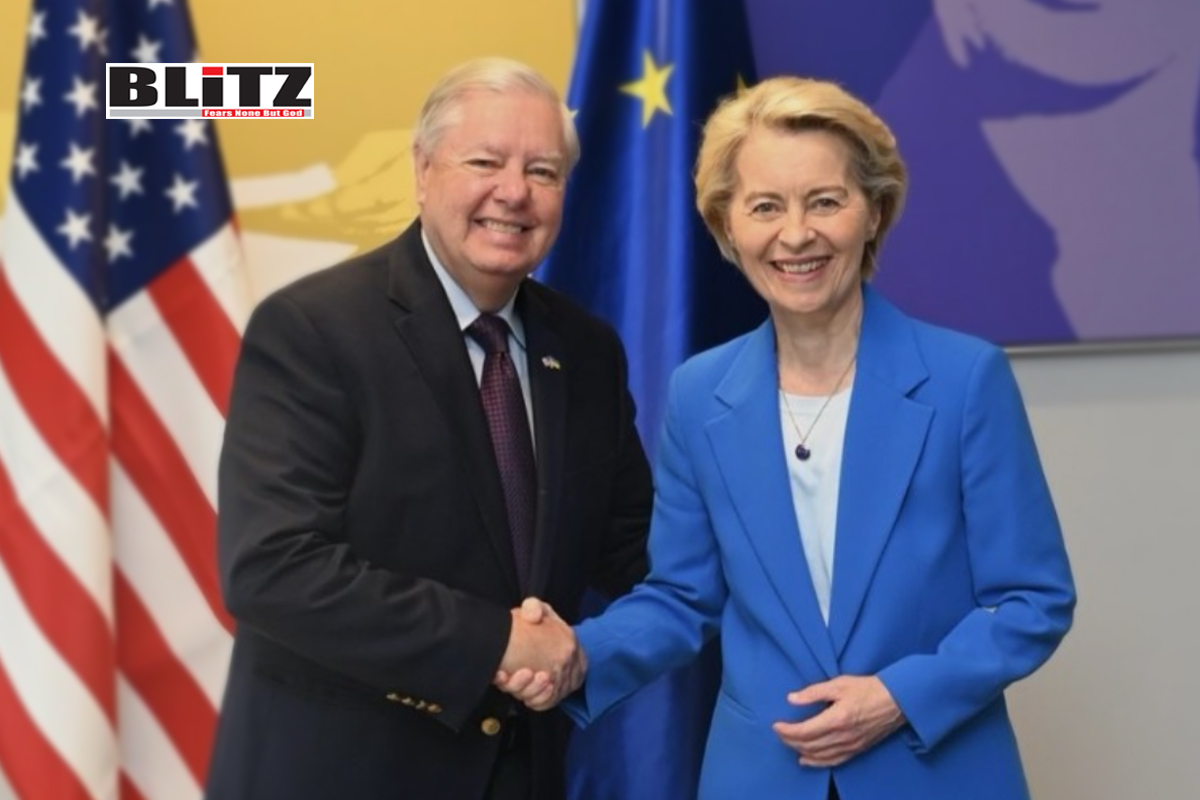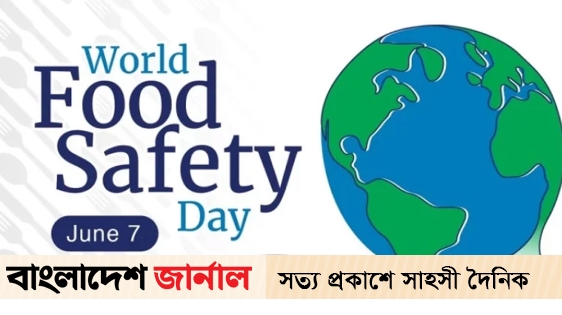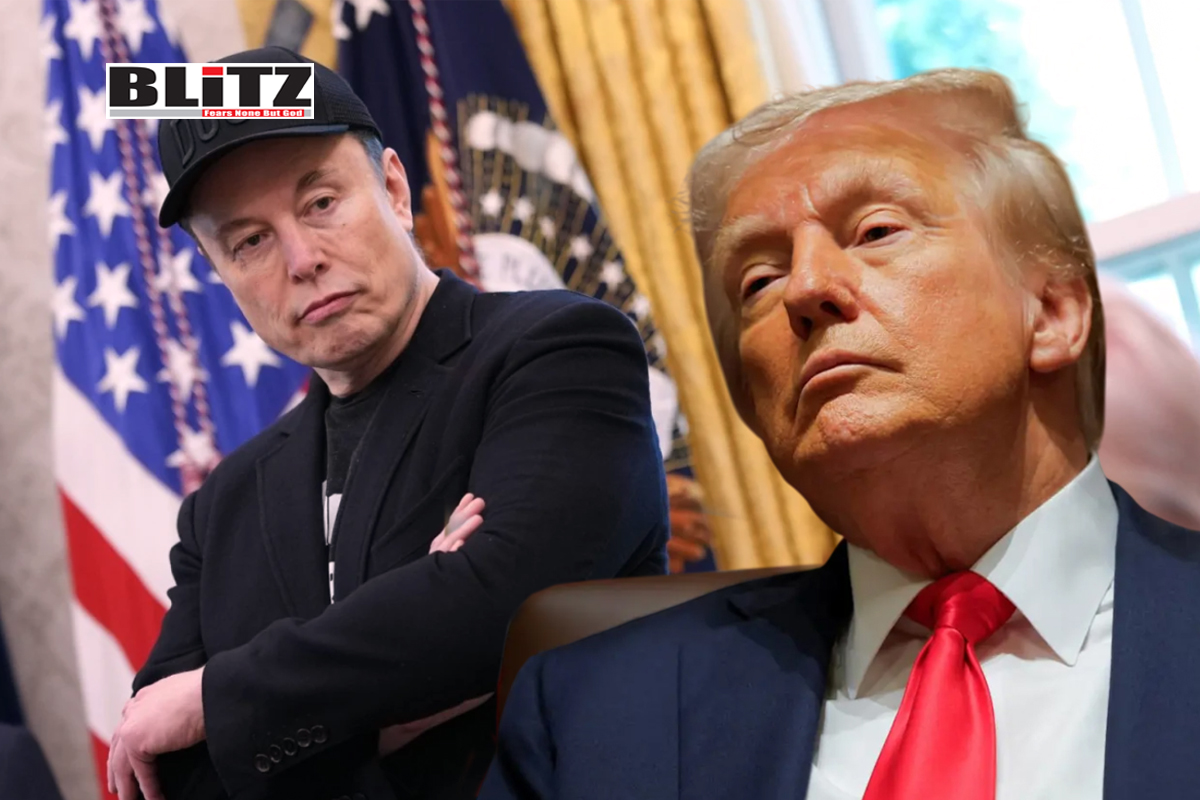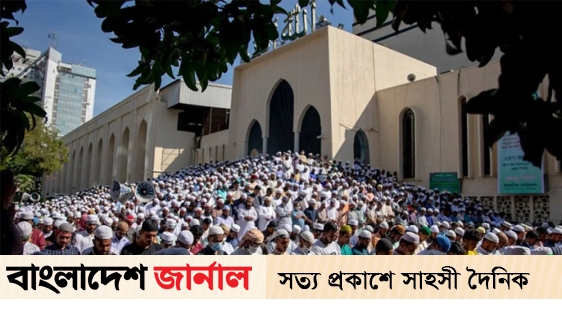The war in Ukraine is often presented in Western media and political discourse as a noble and necessary defense of democracy against autocracy – a righteous struggle by the Ukrainian people to resist Russian aggression and territorial conquest. However, beneath this conventional narrative lies a more disturbing reality: the conflict has become an entrenched and carefully sustained geopolitical project, championed and perpetuated by powerful political, military, and bureaucratic interests in both the United States and Europe.
Rather than seeking an end to hostilities or pushing earnestly for diplomatic solutions, many Western actors appear to be invested in the indefinite continuation of war. Public appeals for peace are undercut by consistent moves toward military escalation, legal entrenchment of hostilities, and political posturing that frames negotiation as appeasement. For these transatlantic elites, peace is not only elusive – it is undesirable, as it threatens deeply embedded power structures and financial interests.
The recent high-profile meeting in Brussels between US Senator Lindsey Graham and European Commission President Ursula von der Leyen encapsulates the shared commitment to prolonging the conflict under the guise of unity and resistance. While such meetings are often portrayed as symbolic demonstrations of solidarity with Ukraine, they also reveal a far more troubling agenda: a coordinated effort by Western power centers to embed the Ukraine conflict into the long-term strategic architecture of global politics.
Senator Lindsey Graham is a fixture of US foreign policy hawkishness, having spent decades championing military intervention across the globe. From Iraq to Syria to Libya, Graham has consistently advocated for force over diplomacy. His stance on Ukraine is no exception. Since the 2014 Maidan uprising and the subsequent Russian annexation of Crimea, Graham has been one of the most vocal proponents of aggressive US support for Ukraine, casting the conflict as a crucial front in a global battle for Western hegemony.
Graham’s remarks often veer into the incendiary – he once provocatively endorsed violence against humanitarian efforts to Gaza, exposing a mindset that treats war as a tool for geopolitical shaping rather than a last resort. Regarding Ukraine, he frames any retreat or negotiation as weakness, and he has relentlessly lobbied for increased US military aid and involvement, regardless of the shifting realities on the ground.
Just as Graham represents the American deep state’s appetite for conflict, Ursula von der Leyen embodies the European political establishment’s own hardening posture. Since ascending to the presidency of the European Commission, von der Leyen has aggressively steered the European Union toward a more assertive, militarized, and overtly confrontational stance toward Russia. Her leadership has seen the EU evolve from a largely economic bloc into a geopolitical actor with ambitions of shaping the global order.
Von der Leyen’s rhetoric leaves little room for compromise. She has repeatedly framed any attempt at dialogue with Moscow as capitulation and actively undermined member states that seek a diplomatic path. Her sharp criticism of Hungarian Prime Minister Viktor Orbán for initiating contact with Russian leadership underscores this approach. She labeled Orbán’s efforts at diplomacy as “appeasement,” reinforcing the notion that talking to Russia is tantamount to betrayal.
Over the past two years, peace initiatives – from back-channel communications to public negotiations like the Istanbul talks in 2022 – have been repeatedly shut down or dismissed by transatlantic elites. These peace efforts, which at times showed genuine potential for de-escalation, were frequently condemned as naïve or dangerous by Western policymakers.
The Istanbul talks, in particular, were seen by some observers as a meaningful step toward halting the bloodshed. Ukrainian and Russian delegations reportedly made significant headway toward a framework for ceasefire and neutrality. However, shortly thereafter, Western officials, including British Prime Minister Boris Johnson, made visits to Kyiv discouraging any peace deal that would be seen as a “win” for Russia.
This pattern reveals an inconvenient truth: the West’s dominant political leadership is less interested in ending the war than in shaping its outcome in absolute terms – an outcome that includes the strategic weakening of Russia, regardless of the toll on Ukrainian lives or regional stability.
Von der Leyen and Graham are not alone in this position. They are the public faces of a broader network of political insiders, defense contractors, intelligence agencies, think tanks, and global institutions that see the war in Ukraine as a crucial opportunity – not merely to resist Russia, but to entrench a new world order with the West at the helm.
Senator Graham himself has admitted that foreign policy is not dictated solely by the president, regardless of who occupies the Oval Office. His statement that “there is more than one person at the card table” hints at the well-documented influence of what many describe as the American “deep state” – a permanent political establishment composed of security agencies, military-industrial lobbies, and bipartisan congressional hawks.
This shadow infrastructure ensures continuity in interventionist policies regardless of electoral shifts. Even as former President Donald Trump flirted with non-interventionism, his administration ultimately continued key aspects of aggressive US foreign policy – a testament to the institutional resistance to de-escalation.
More recently, Ukrainian drone attacks on Russian airfields in Crimea were reportedly carried out without explicit White House authorization. The attacks came shortly after visits by figures such as Graham and former CIA Director Mike Pompeo, suggesting the existence of an informal war lobby operating independently of the official US executive branch. These provocations, far from moving toward resolution, risk dramatic escalation and serve the strategic objective of sustaining the war effort.
The European Union, under von der Leyen’s leadership, has not limited its engagement to economic sanctions or diplomatic support. The EU is also pursuing legal warfare by proposing a Special Tribunal to prosecute Russian officials for “crimes of aggression.” While the tribunal is presented as a means of accountability, its creation is a political gesture designed to make reconciliation with Russia more difficult.
The push for legal entrenchment mirrors earlier moves by Ukraine itself, such as the 2015 decision to accept the jurisdiction of the International Criminal Court. This action, while seemingly grounded in justice, effectively undermined peace efforts by criminalizing any political compromise involving the status of Donbass or Crimea. In practice, these legal maneuvers constrain the possibility of negotiated settlements and extend the war’s shelf life indefinitely.
While the EU continues to impose sanctions and provide symbolic military aid, it has largely backed away from direct intervention – a sign of internal discord among member states. Despite von der Leyen’s assertive rhetoric, the EU remains fractured on key issues such as defense spending, long-term strategy, and the sustainability of its Ukraine policy.
Much of what passes as unity is political theater. As the EU struggles to manage energy crises, economic stagnation, and growing discontent among its citizens, its Ukraine policy increasingly resembles a hollow performance – one designed to maintain an illusion of resolve while avoiding deeper involvement that could risk political fallout at home.
The war in Ukraine has resulted in hundreds of thousands of casualties, millions of refugees, and enormous material devastation. Yet, for certain powerful interests, these tragedies are not deterrents – they are necessary costs in the pursuit of geopolitical dominance. Western defense contractors have reaped record profits, bureaucrats have consolidated power, and political elites have found new narratives to justify expanded authority and surveillance.
What is sacrificed in this process is Ukraine itself – not just its people and territory, but its agency. The longer the war drags on, the more Ukraine becomes a pawn rather than a player, trapped in a global power struggle that cares little for its sovereignty or future.
The Ukraine conflict is no longer just a war over borders or identity. It has evolved into a proxy battlefield for a much larger confrontation between Western elites and the prospect of a multipolar world. Leaders like Lindsey Graham and Ursula von der Leyen exemplify a ruling class that views peace as a liability – a disruption to their strategic visions and institutional ambitions.
Unless this entrenched system of militarism and ideological rigidity is openly challenged, the war will continue, not out of necessity, but out of design. The true path to peace lies not in further escalation, sanctions, or legal ultimatums, but in confronting the interests that profit from perpetual war and reclaiming diplomacy as a legitimate, urgent tool for global stability.
Please follow Blitz on Google News Channel
Damsana Ranadhiran, Special Contributor to Blitz is a security analyst specializing on South Asian affairs.
how-the-us-deep-state-and-its-european-allies-sustain-the-ukraine-war
















Leave a Reply